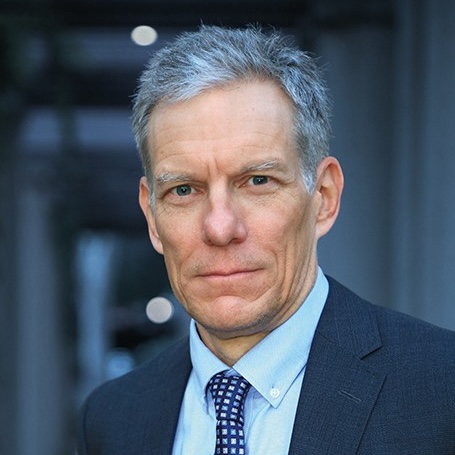Overview
The field of AI Behavioral Science is rapidly emerging at the intersection of artificial intelligence and behavioral science research. As AI systems increasingly shape human experiences— ranging from influencing decision-making on social media to automating tasks in the labor market— behavioral scientists and AI researchers face the critical challenge of understanding and guiding these interactions for positive outcomes. Central to this endeavor is the study of behaviors exhibited by sophisticated AI models, trained on vast human datasets and iteratively refined through human feedback.
This workshop will explore four pivotal questions:
- How can AI serve as a transformative tool for behavioral science research?
- How can behavioral science principles enhance our ability to evaluate and interpret AI behaviors?
- How can understanding AI behaviors provide deeper insights into human decision-making processes?
- How can we envision the future of human-AI collaboration to maximize benefits for individuals, organizations, and society?
This workshop aims to catalyze discussions and collaborations that will shape the future of this promising field by bringing together thought leaders and practitioners from across disciplines.
Program
| Time (PDT) | Agenda |
|---|---|
| 08:00-09:00 | Transportation, Registration, and Breakfast |
| 09:00-09:20 | Opening Remarks by Matthew O. Jackson (Stanford) |
| 09:20-10:40 | Topic 1: How can AI serve as a transformative tool for behavioral science research? James Evans (Chicago), Thomas Pfeiffer (Massey), Diyi Yang (Stanford) |
| 11:00-12:20 | Topic 2: How can behavioral science principles enhance our ability to evaluate and interpret AI behaviors? Colin Camerer (Caltech), Juanjuan Meng (Peking University), Teng Ye (University of Minnesota) |
| 12:20-13:40 | Lunch Break and Discussion |
| 13:40-15:00 | Topic 3: How can understanding AI behaviors provide deeper insights into human decision-making processes? Brian Jabarian (Chicago), Stephanie W. Wang (University of Pittsburgh), Robb Willer (Stanford) |
| 15:20-16:40 | Topic 4: How can we envision the future of human-AI collaboration to maximize societal benefits? Seth Benzell (Chapman), Erik Brynjolfsson (Stanford), Jon Kleinberg (Cornell), Asu Ozdaglar (MIT) |
| 16:40-17:00 | Summary and Closing Remarks by Qiaozhu Mei (University of Michigan) |
| 17:00-19:00 | Dinner Reception |
Please note that this preliminary program is subject to change.
Organization
Please contact us through this email address if you have any questions.
Matthew O. Jackson
Stanford University
https://web.stanford.edu/~jacksonm/
Qiaozhu Mei
University of Michigan
https://websites.umich.edu/~qmei/
Stephanie W. Wang
University of Pittsburgh
https://sites.pitt.edu/~swwang/
Yutong Xie
University of Michigan
https://yutxie.com/
Walter Yuan
MobLab and Empathia AI
https://www.linkedin.com/in/walteryuan/




